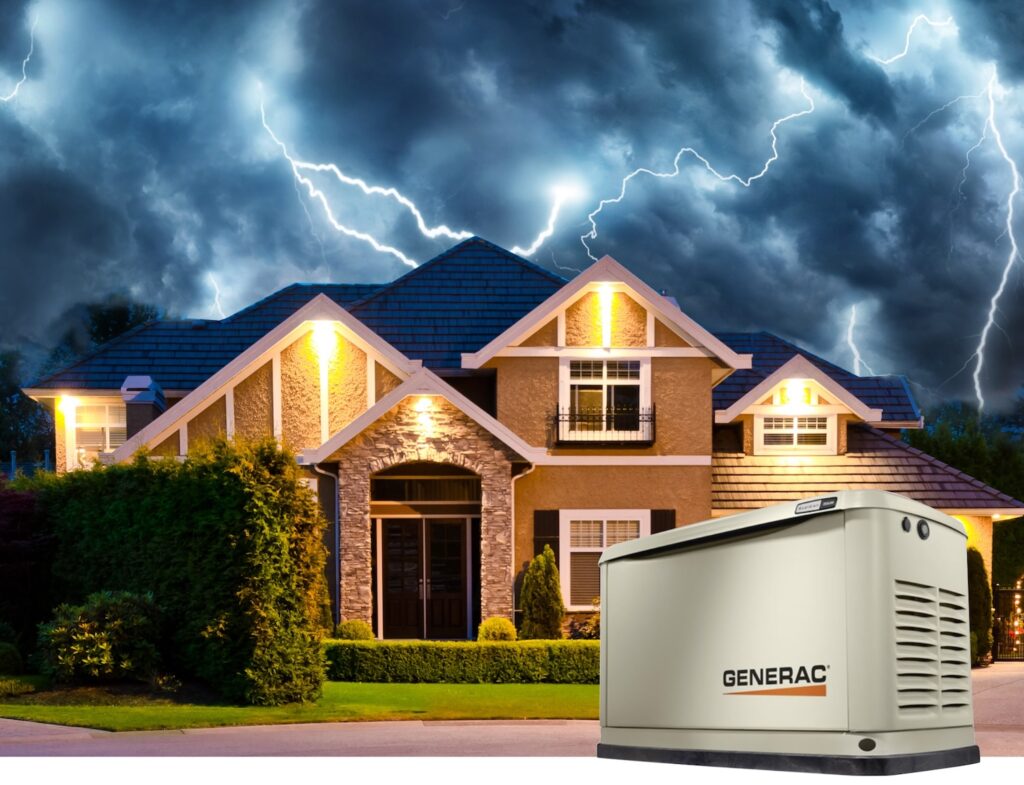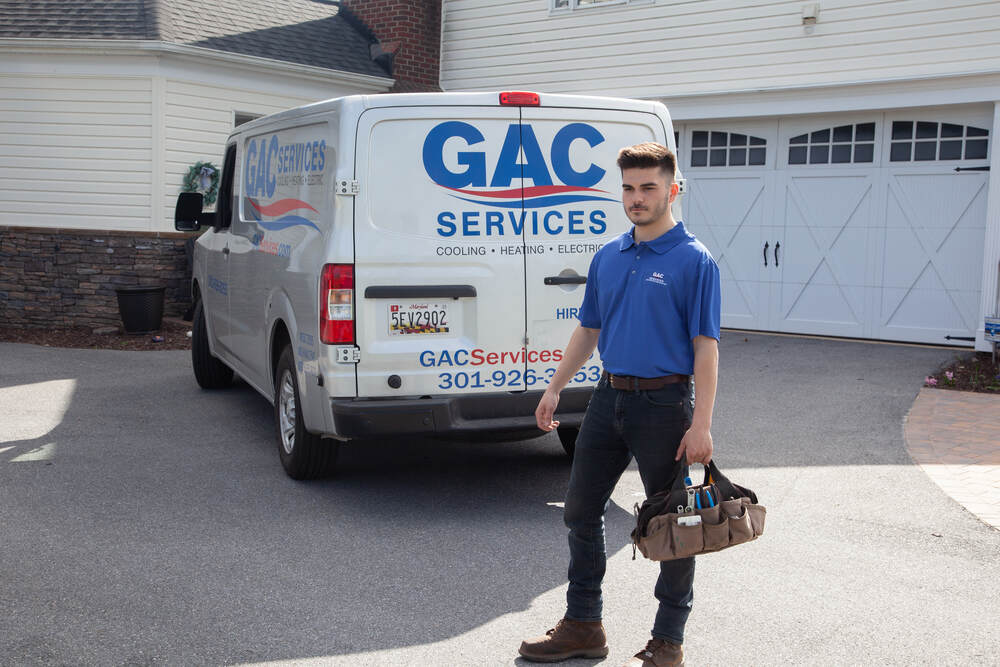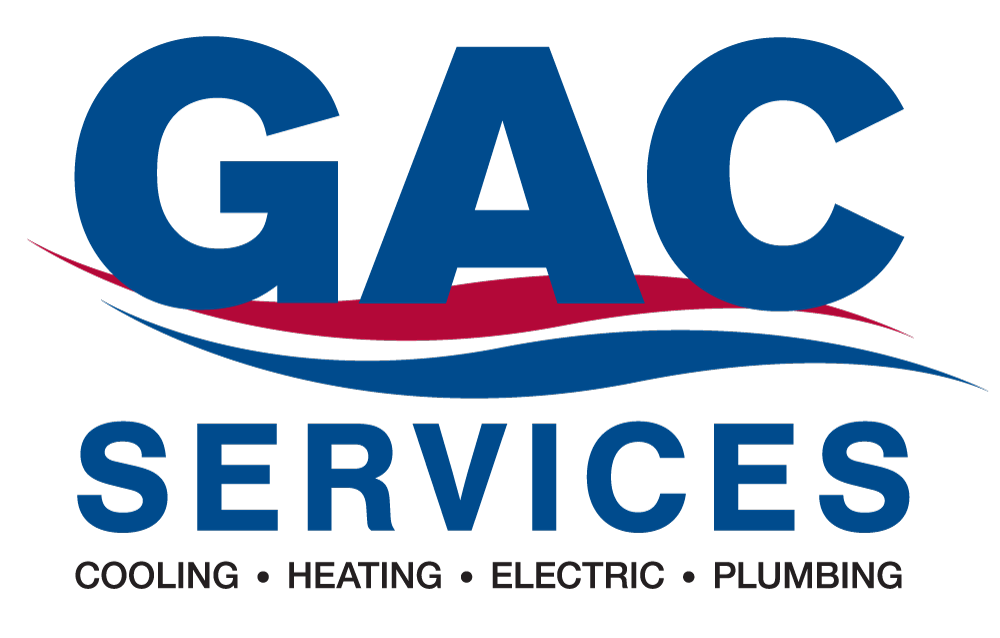In Maryland, the power goes out often enough that most families think about backup power at some point. Summer storms knock out service in Montgomery County, winter ice brings lines down in Frederick or Carroll, and demand on the grid can leave homes in Prince George’s or Anne Arundel in the dark. When the power cuts, the fridge warms, the sump pump stops, and the furnace fan sits silent. That is when the question comes up: What size generator do I need for my house?
The answer is not the same for everyone. A smaller generator may handle a few basics. A larger system can keep the entire house running. The goal is to size it so it does the job without being more machine than you need.
Why Generator Size Matters
The wrong size causes problems. Too small, and the unit struggles. Breakers trip, appliances stall, and motors can wear out. Too big, and you have spent money you did not need to and will burn more fuel than required.
Getting the size right means balance. Enough to cover your essentials, but not more than your load calls for. That way, when the next storm hits Howard County or a blackout rolls through Carroll County, you know your backup will work.

Portable vs Standby Generators
Most homeowners look at two options.
- Portable generators cost less and can get you through a short outage. You bring them outside, fuel them, and run cords to the fridge, a few lights, or a sump pump. They work, but they take effort every time and are not meant to run for days on end.
- Standby generators stay outside the house and connect to natural gas or propane. They turn on automatically when the grid fails. A good standby system can power the whole home, including air conditioning. They cost more up front but require little effort once installed and are reliable for long outages.
How to Calculate Your Power Needs
You can get a rough idea of the size you need with a few simple steps.
Step 1: List what matters most.
Think about what you cannot lose in an outage:
- Refrigerator and freezer
- Furnace fan or heating system
- Sump pump or ejector pump
- Main lights
- Medical equipment
- Air conditioning or window units
Step 2: Find the wattage.
Check labels or manuals. A fridge usually runs on about 700 watts. A sump pump may be closer to 1,000. Lights are less but add up.
Step 3: Remember startup power.
Anything with a motor needs more to start than to run. That same fridge that runs at 700 watts may need over 2,000 for a few seconds when it kicks on. Pumps and air conditioners are the same way.
Step 4: Add it up.
Combine your running watts and startup watts, then add an extra 10 to 20 percent as a cushion. That way if two big appliances start at the same time, the generator will not trip.
This gives you a working number. For an exact match, it is worth having an electrician run the numbers and make sure you get the best generator for home backup power.
Common Generator Sizes for Homes
Most homes in Maryland fit into one of three ranges.
5,000–7,000 watts
Enough for basics like the fridge, sump pump, lights, and a few outlets.
7,000–10,000 watts
Can handle most appliances, including HVAC in smaller homes.
10,000–20,000+ watts
Whole-house coverage. Runs central air, large appliances, and keeps everything powered.
The right size depends on the house and the priorities. A family in Howard County may choose a mid-sized unit for essentials. A larger home in Prince George’s County may decide on a standby system that covers every circuit.
Professional Sizing and Installation
Online tools help, but they do not replace a professional look at your home. Licensed electricians make sure the system is matched to your load, tied into your panel safely, and meets local codes. Professional installation also means:
- A proper transfer switch so power flows safely
- Gas or propane hookups set up to run as long as needed
- Systems installed to last and easy to maintain
- Options like load-shedding that ease startup demand
GAC Services has installed generators for families across Montgomery, Frederick, Howard, Carroll, Anne Arundel, and Prince George’s counties for decades. We know the common outage issues in each area and match systems that fit the homes we work in.

Why Professional Help Matters
A generator is more than a piece of equipment. It is what keeps your home running when the grid fails. Getting the size right and installing it safely means your family has power when it counts.
If you are asking what size generator you need for your house, call GAC Services. We handle home generator sizing, installation, and support for homeowners across Montgomery, Frederick, Howard, Carroll, Anne Arundel, and Prince George’s counties.


